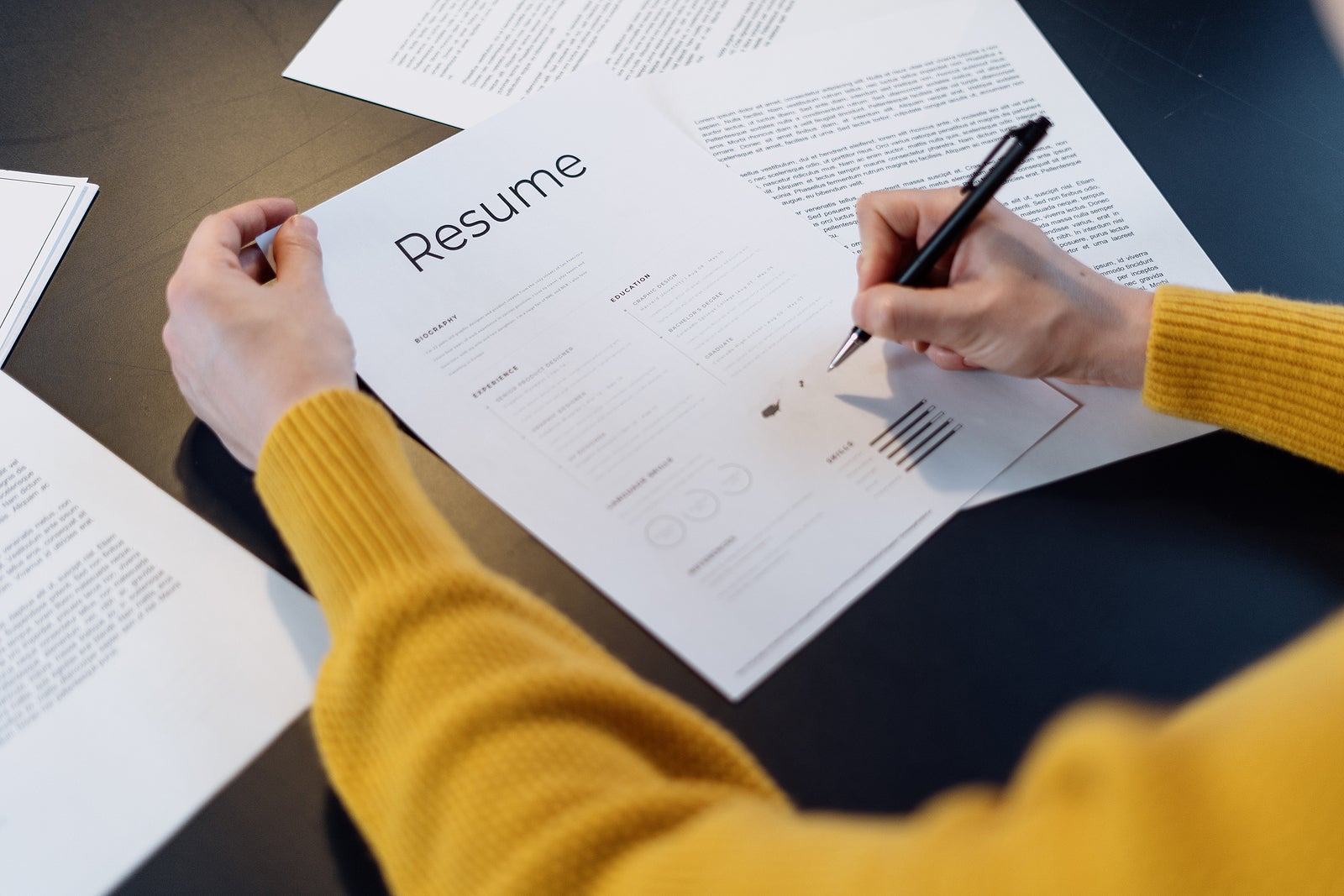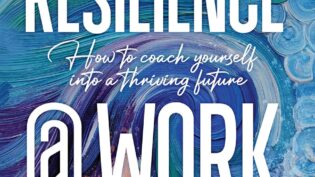
You have probably heard that recruiters do not read certain resumes — and you’re wondering why. Whether you’re looking to upgrade to a better position before striking out on your own, or sending out your resume to potential startup investors, you are about to discover why this happens and how you can work around it. Keep reading!
The Basics
Have you ever applied for a job with high expectations that you will get an invite for an interview but never got invited?
If you answered yes, one thing is certain — you were bothered. Questions like: “What Did I Do Wrong?” or “Did I Omit Any Important Information?” were likely running through your mind and that’s understandable.
Truth be told, not getting an invite for an interview hurts — especially when it’s a job you want so bad. Although there are different reasons why many job seekers don’t make it to the interview stage, one of the common reasons centers around the structure of your resume.
Knowing how to make a resume is a basic requirement. However, what counts is your ability to get your potential employer to read your resume till the end.
This is possibly why you haven’t gotten an invite to that interview — your resume was not compelling enough to draw the attention of your potential employers and win them over.
Here’s a fact, only 2% of the total job applicants progress to the interview stage. This implies that out of 100 applicants, only 2 candidates get an invite to come for an interview. No doubt, these numbers look discouraging. Nonetheless, you shouldn’t be discouraged.
You know why?
Because we are about to show you the secrets behind a successful resume — one that is compelling and will, ultimately, land you the interview you want.
In this article, we will show you the mistakes you are likely making in your resume and help you correct them.
Are you ready to write a resume that is worth reading till the end?
Let’s get you started!
Use A Resume Builder
One of the best ways to get an effective resume that will force the hand of your potential employers to extend an interview invitation to you is by building a resume using a resume builder. There you will find layouts and templates that are perfect for the position you are applying for.
Creating a professional job resume with the help of a resume builder that advertises you as smart and worth inviting for interviews is free and straightforward. All you have to do is follow the simple steps and guidelines you will find on the site.
5 Reasons Recruiters Don’t Read Your Resume
The truth is, recruiters don’t want to read any resume. However, they have to if they want to make the right call on who or whom not to invite for the interview. Therefore, when they attempt to read the resume you submit, it has to be worth their time. With regards to this, here are 5 reasons recruiters don’t bother reading your resume:
- Grammatical Mistakes, Typos, and Spelling Errors
- Too Short or Too Lengthy
- Hard To Read
- Poor Design
- No Inclusion of Keywords
Grammatical Mistakes, Typos, and Spelling Errors: One of the mistakes some job seekers repeat when writing a resume is making it obvious that they didn’t want to write a resume. Like they say, “Action Speaks Louder Words.” This saying also applies powerfully to resume writing.
When it comes to writing your resume, your attention to detail — grammatical mistakes, typos, and spelling errors — goes a long way to show how willing and passionate you were to write your resume the right way.
Here’s the thing, these little mistakes ruin your chances of getting an interview invitation. This is why you must cut them out. It takes little to nothing to ensure that you read and edit your resume before submission. Fortunately, thanks to technology, you can use some free apps or sites on Google to check for spelling errors, typos, and grammatical mistakes.
Every employer wants to hire employees who pay attention to the tiniest detail. For this reason, once they notice these little mistakes at the beginning of your resume, it turns them off. So, ensure you proofread your resume before you submit it. This way, you can easily detect and rectify any existing errors.
Too Lengthy or Too Short: Recruiters can tell if your resume is too long or too short at a glance. If it falls under either category, you can be sure that they are not going to read your resume.
This is why you must strike a balance when writing your resume. In other words, your resume mustn’t be too long or too short. We highly recommend that your resume should be around 1 to 2 pages. No more, no less.
If it is shorter than the recommended standard, it shows that you probably do not have sufficient credentials. Conversely, if it is longer, it shows your potential employer that you are struggling to tell your most important skill from your least important skill, as it relates to the vacant position.
Hard To Read: The last thing a recruiter needs is to go through the stress of reading a resume that is difficult to read or make out. Therefore, you must make your resume easy to read. No better way to go about it than using short “attention-grabbing” paragraphs.
In this case, ensure that each paragraph contains at most 4 lines. This allows your potential employers to understand the details or information you are trying to convey quickly without any difficulty.
In addition, ensure you mention some of your achievements at the beginning of your resume. This is because it takes a recruiter between 6 to 10 seconds to decide if they will or will not continue reading your resume. So, make your first lines count. Sell yourself and show what you can offer your employer from the get-go.
Poor Design: Some job applicants assume that the more colorful or flashy the resume, the greater their chances of getting an interview invitation. However, this only does more harm than good. Your resume should not have many colors, fonts, scents, or sparkles.
There are specific designs associated with resume writing. Hence, if you want a recruiter to read your resume, you mustn’t submit a resume design contrary to this set standard.
Wondering how you can stick to resume design requirements? You need not worry, we will show you where you can get standard resume layouts and templates in a bit. Read on!
No Inclusion of Keywords: There are specific keywords that you must include in your resume if you don’t want to see your resume ignored by recruiters. These are the keywords that recruiters look out for when they use their automated screening tools, as it helps discover who is worthy of an interview invitation.
Here are a few examples of keywords you can insert into your resume:
- Your skills
- Previous employers and positions
- The professional software you use to work
Ensure you use these keywords frequently in your resume without going overboard with them. Note that submitting a resume without any keyword is a waste of time because no recruiter will read it, even if you know you are a good fit.
Read more on how to write a resume
Final Words
In a nutshell, your potential employers will only read your resume and invite you for an interview when you adhere to the rules required for effective resume writing. Luckily for you, we have shown you what you need to create an irresistible resume in this article. Now, it’s up to you to put all you have learned so far into practice.
Cheers to success in your job hunt!
2360 Views












